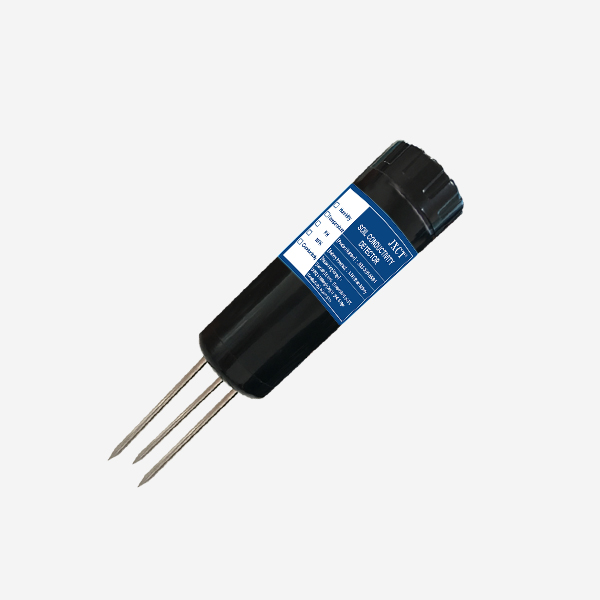Agriculture is a vital industry that provides food and resources for the growing global population. However, the impact of climate change poses significant challenges to sustainable farming practices. To address this, innovative technologies are being developed to help farmers adapt to changing environmental conditions. One such technology is smart soil sensor solutions, which offer unprecedented insights into soil health and enable farmers to make data-driven decisions for climate-resilient agriculture.

I. The Need for Climate-Resilient Agriculture:
Climate change has brought about more frequent and intense weather events, such as droughts, floods, and storms. These unpredictable conditions make it difficult for farmers to plan and optimize their agricultural practices. Implementing climate-resilient agriculture is crucial to ensure food security and reduce the environmental impact of farming. Smart soil sensor solutions play a crucial role in achieving this goal.
II. Understanding Smart Soil Sensors:
Smart soil sensors are advanced devices that are embedded in the ground to monitor various soil properties in real-time. These sensors collect data on moisture levels, pH levels, temperature, nutrient content, and more. By monitoring these crucial soil parameters, farmers can gain a deeper understanding of their land, enabling precision farming techniques.
III. Benefits of Smart Soil Sensor Solutions:
Optimal Irrigation Management: Water is a limited resource, and optimizing its usage is essential. Smart soil sensors provide farmers with accurate and timely information about soil moisture levels. This data allows farmers to determine the appropriate amount and timing of irrigation, reducing water waste and increasing crop productivity.
Improved Nutrient Management: Nutrient deficiency or excess can have adverse effects on plant growth and crop yield. Smart soil sensors provide real-time data on soil nutrient levels, enabling farmers to apply fertilizers and nutrients precisely where and when they are needed. This targeted approach minimizes nutrient runoff and optimizes plant health and productivity.
Enhanced Crop Monitoring:
Smart soil sensors enable continuous monitoring of various soil parameters, such as temperature and pH levels. These sensors can also detect harmful soil conditions, such as salinity or contamination. By receiving instant alerts and notifications, farmers can take immediate corrective actions, preventing crop damage and yield losses.
Data-Driven Decision Making:
The wealth of data generated by smart soil sensors provides valuable insights for farmers. By analyzing historical data and trends, farmers can make informed decisions for optimizing crop rotation, planting schedules, and pest management strategies. These data-driven decisions contribute to improved agricultural productivity and reduced environmental impact.
Integration with Precision Farming Technologies:
Smart soil sensors can seamlessly integrate with other precision farming technologies, such as GPS, drones, and automated machinery. This integration enables farmers to create customized management plans based on specific soil conditions. It also promotes efficient resource utilization and reduces manual labor requirements.
IV. Challenges and Future Developments:
Although smart soil sensor solutions show great promise, there are still challenges that need to be overcome. These include the cost of implementation, data management and analysis, and accessibility for small-scale farmers. However, ongoing advancements in technology and increased market demand are likely to drive down costs and make these solutions more accessible in the future.

Furthermore, future developments in smart soil sensor technology hold great potential. This includes the development of wireless and low-power sensors, improved data analytics and visualization tools, and integration with artificial intelligence systems. These advancements will further enhance the accuracy, reliability, and usability of smart soil sensor solutions for climate-resilient agriculture.
Conclusion:
Smart soil sensor solutions offer tremendous opportunities for climate-resilient agriculture. By providing real-time data on soil health, these innovative technologies empower farmers to make informed decisions and optimize their agricultural practices. As the world faces the challenges of climate change, it is crucial to harness the potential of smart soil sensor solutions to ensure sustainable food production and a greener future.
